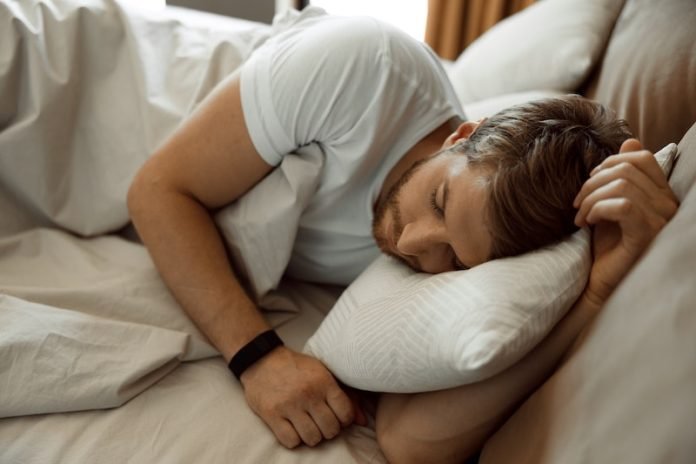
Continuous Positive Airway Pressure machines, commonly known as CPAP, have long been the go-to solution for people suffering from Obstructive Sleep Apnea (OSA).
However, many find them uncomfortable and hard to tolerate. Now, research from Adelaide Institute for Sleep Health provides a promising alternative approach.
Moving Beyond One-Size-Fits-All
The main idea behind the research led by Professor Danny Eckert was to understand that not all sleep apnea cases are the same.
Hence, treatment should be individualized based on each patient’s specific needs and causes of OSA. This is referred to as “endotype” characterization.
A commonly used alternative to CPAP is Oral Appliance Therapy (OAT). It’s a dental device that supports open airways while you sleep. But like CPAP, OAT isn’t a perfect solution either – it’s effective in about half the cases.
Professor Eckert’s team shifted the treatment model. Instead of starting everyone on CPAP, they began with the dental device.
“Rather than everyone first trying CPAP… we gave everyone a dental split in the first instance,” said Professor Eckert. While it worked for about half of the patients, what about the rest?
Combination is Key
For those where the dental device wasn’t enough, the team didn’t jump straight to CPAP. Instead, they introduced additional treatments based on each individual’s specific sleep study findings.
This could include oxygen therapy or even specific medications pinpointing the exact reasons causing their OSA.
This customized approach showed remarkable results. The combination of therapies helped almost all the patients who didn’t initially benefit from the dental device. Only a few ended up needing CPAP.
A New Dawn in Sleep Apnea Treatment
The findings from this research signal a significant shift in how sleep apnea could be treated in the future. Instead of a one-size-fits-all approach, the focus has moved to a more personalized method.
Professor Eckert concludes, “Essentially, we believe this outlines a whole new way of treating sleep apnea.”
As sleep apnea continues to affect millions worldwide, this new approach could be the ray of hope for many searching for a comfortable and effective treatment.
If you care about sleep, please read studies about the science on 3 traditional bedtime remedies, and this sleep supplement may help prevent memory loss and cognitive decline.
For more information about sleep, please see recent studies about how to sleep to prevent Alzheimer’s disease, and results showing scientists find silent sleep danger for smokers.
The study was published in the Annals of the American Thoracic Society.
Follow us on Twitter for more articles about this topic.
Copyright © 2023 Knowridge Science Report. All rights reserved.



